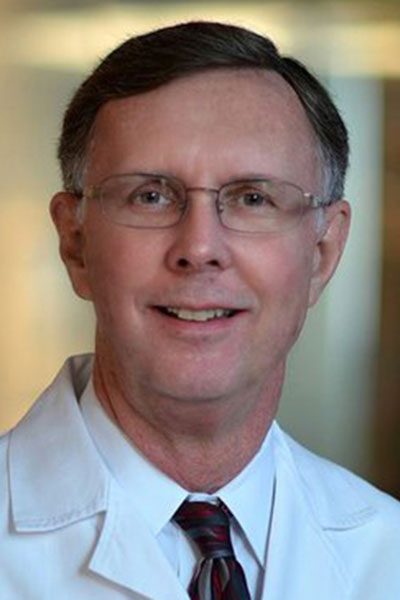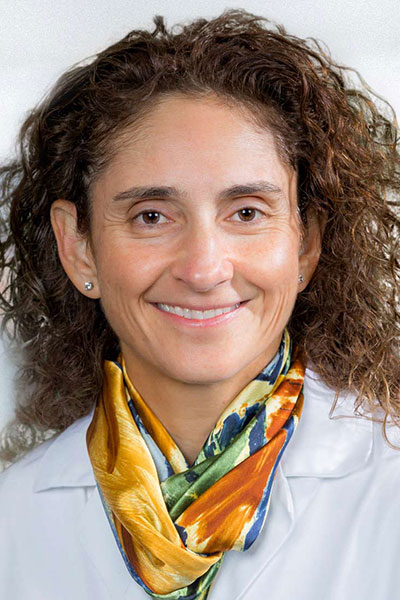
The development of multiple agents to treat estrogen receptor (ER) positive and HER2 positive breast cancers has dramatically improved outcomes for many patients, but not all. Too many tumors are, or become, resistant to treatment. One of the most important findings in recent years was the crosstalk between ER and HER2 signaling pathways and ways the two can interact to develop treatment resistance.
“Much of that work on the interplay between ER and HER2 signaling was done by Dr. Kent Osborne at the Baylor College of Medicine,” said Virginia Kaklamani, MD, DSc, Professor of Medicine, Ruth McLean Bowman Bowers Chair in Breast Cancer Research and Treatment, A.B. Alexander Distinguished Chair in Oncology, and Leader of the Breast Oncology Program, at The University of Texas Health San Antonio MD Anderson Cancer Center. “A lot of the work his group has done focused on trying to combine antiestrogen therapy and anti-HER2 therapies and the resistance that can develop.”
Dr. Kaklamani will co-moderate the C. Kent Osborne HER2 and ER Crosstalk: Signaling Mechanisms and Clinical Implications Symposium on Wednesday, December 7 from 11 am – 12 pm CT in Hall 3 of the convention center. The co-moderator will be Carlos Arteaga, MD, The Lisa K. Simmons Distinguished Chair in Comprehensive Oncology and Director of the Harold C. Simmons Comprehensive Cancer Center at the University of Texas Southwestern Medical Center. Dr. Osborne will be a special guest at this special SABCS mini-symposium bearing his name.

“This is a translational symposium,” Dr. Kaklamani said, “looking at what is known about the crosstalk between these signaling pathways, how it takes place, and the latest evidence on the most effective therapy or therapies for patients who are ER positive and HER2 positive.”
Rinath M. Jeselsohn, MD, Assistant Professor of Medicine at Harvard Medical School and of Medical Oncology at the Dana-Farber Cancer Institute, will discuss the latest findings on the mechanisms that promote, or at least allow, HER2 signaling to the ER cistrome that can drive endocrine resistance.
Rachel Schiff, PhD, Professor of Medicine at the Dan L. Duncan Comprehensive Cancer Center, Baylor College of Medicine, will focus on the mechanisms of oncogene signal transduction and the ways crosstalk can foster antiestrogen resistance.
Stephen Johnston, MBBS, PhD, Head of Medical Oncology and of the Breast Unit, and Professor of Breast Cancer Medicine, at The Royal Marsden Hospital, London, UK, will add clinical context with a discussion of the current state of treatment for ER+/HER2+ breast cancer.
“We know we need combinations of antiestrogen and anti-HER2 therapy, but we still haven’t maximized these combinations,” Dr Kaklamani said. “We are still looking for what could be the most effective combination or combinations and whether there are other targeted agents that can be added to improve outcomes.
“This is a difficult area clinically because there are so many unknowns,” she continued. “This session is very much about how much we have achieved in the laboratory and how we have been able to take laboratory findings to design clinical trials and improve patient outcomes. And about how we are continuing to translate basic research to impact patients in real time.”

